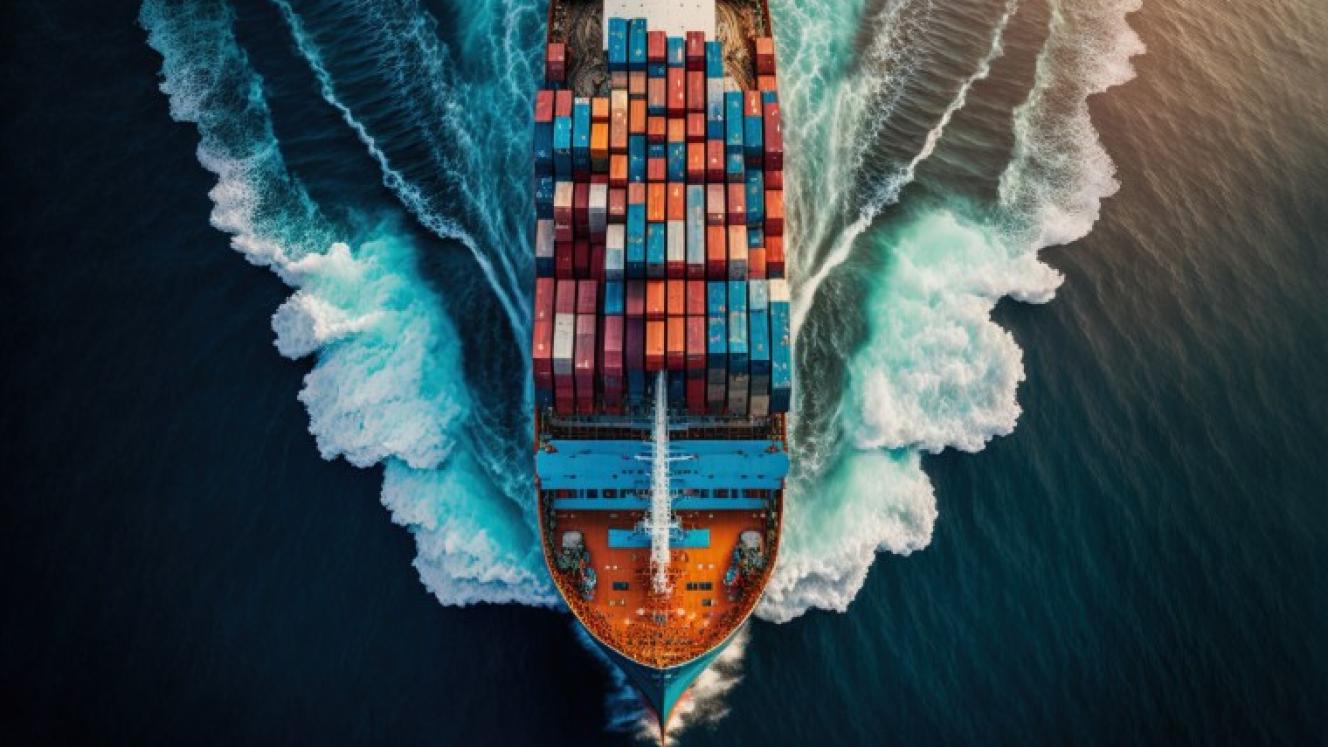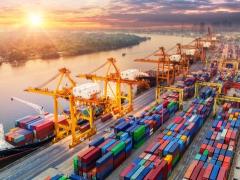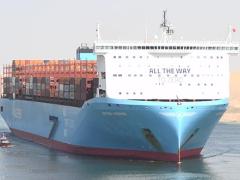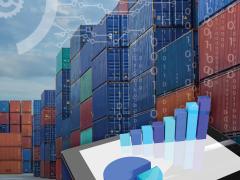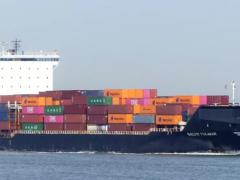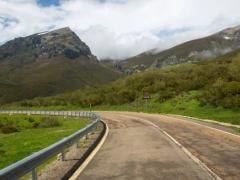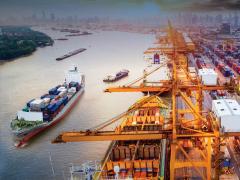Lack of infrastructure
remains a major challenge
for cross-border traders –
especially in the more remote
regions of southern Africa – but
3G data communication and
satellite technology are coming
to the rescue.
According to Michael
Henning, general manager of
software provider Easyclear,
their systems are working
well despite the lack of
infrastructure, thanks to mobile
communication solutions.
“South Africa ranks
quite high when it comes to
connectivity and technology
on the continent, with worldclass
infrastructure and users
encouragingly knowledgeable
when it comes to technology.
Our software enables the users
to interact with the South
African Revenue Service (Sars)
via EDI for the submission of
their customs declarations and
ACM manifests electronically
and seamlessly, as well as
integrate with 3rd party
software solutions for the
facilitation of trade across
borders,” said Henning.
In areas where there is less
infrastructure the system
however has been able to
operate relatively
well with 3G data
communication
and satellite
technology.
“Revenue
authorities
across the
continent are
modernising
and improving
their systems for
revenue collection
and risk mitigation
by upgrading or
changing software,”
he said. “A recent
example of this is
Botswana Unified
Revenue Service’s (BURS)
change from Asycuda ++
to TradeNet. As a software
service provider we are actively
engaging with Botswana,
Lesotho, Namibia and
Swaziland revenue authorities
and other regional stakeholders
to integrate with their solutions
– or at the very least with
the agents’ software – for
the seamless transfer of data
to facilitate trade by
reducing the risk of
data capture errors
in the declaration
process.”
According
to Henning it
is imperative
that countries
on the continent
continue to
implement reforms
to reduce the risk
and effort of doing
business on the
continent.
“The biggest
challenges remain
completing border
compliance procedures along
with high transport costs,
inefficient border crossing
procedures, and roadblocks en
route – all making logistics on
the continent challenging and
expensive,” he said.
